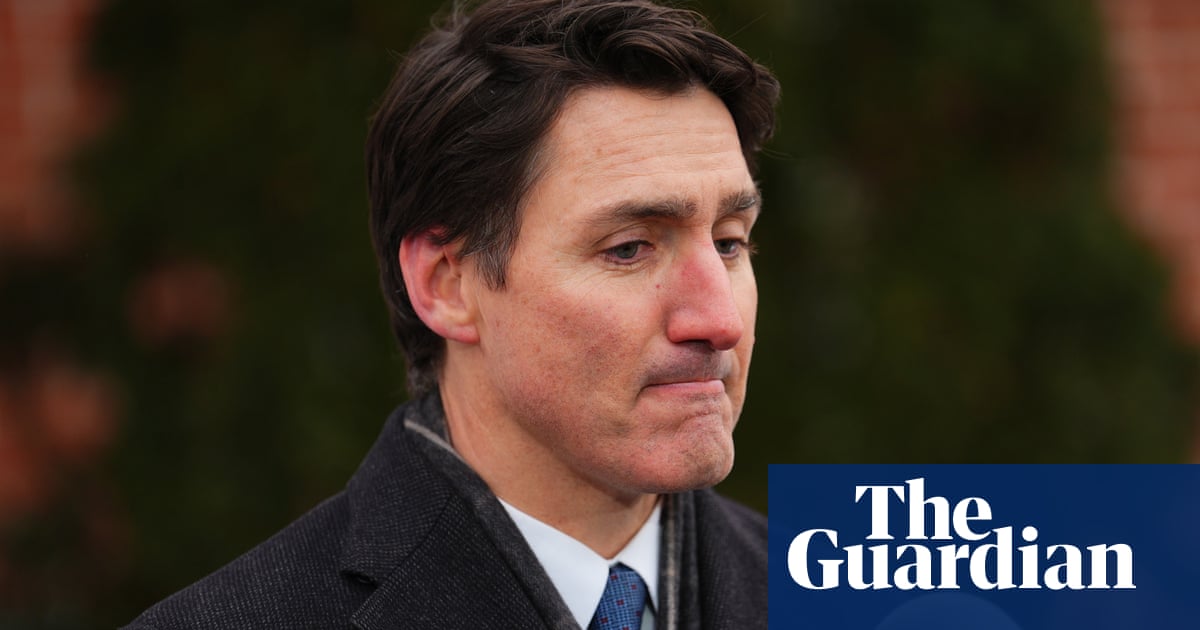World
Why did Justin Trudeau resign? The rise and fall of Canada’s ‘Golden Boy’ in politics

After nearly a decade in office, Canadian Prime Minister Justin Trudeau announced his resignation. While the decision wasn’t entirely unexpected, given the recent challenges in his political career, the fall of the ‘golden boy’ of Canadian politics has left many wondering what went wrong. His resignation, announced on Monday, signals the start of a leadership transition that will shape Canada’s future.
Also read: Trump trolls Trudeau amid resignation: ‘Many in Canada love being 51st state’
Trudeau’s decision to step down
Trudeau shared his resignation in Ottawa, stating that despite being a “fighter,” he realised that he might not be the best person to lead the country into the upcoming elections in October.
Expressing hopes that his resignation would reduce the polarisation in Canadian politics and help the functioning of Parliament, “I don’t easily back down faced with a fight, especially a very important one for our party and the country. But I do this job because the interests of Canadians and the well-being of democracy is something that I hold dear.”
Trudeau also called on Canadians to support the new leader of the Liberal Party and shared, “I told my kids about the decision that I’m sharing with you today.” His decision to step down, he said, was taken after careful reflection over the holidays.
Also read: Who is Anita Anand: Indian-origin leader among frontrunners to replace Trudeau as Canada’s PM
What went wrong with Trudeau’s politics?
Trudeau’s career had been promising, with his rapid rise to power as the son of former Prime Minister Pierre Trudeau. With a sweeping victory in 2015, he became the second-youngest prime minister in Canadian history.
Some of his landmark decisions included policies such as legalising cannabis, creating laws on voluntary assisted dying, trade deals with the US, policies to combat climate change, and addressing historical injustices faced by Indigenous communities.
However, over the years, Trudeau’s popularity waned. His approval ratings dropped dramatically and by the end of 2023, many Canadians were unhappy with his handling of key issues like immigration, housing prices, and inflation.
Trump tariffs
Justin Trudeau’s time in office was marked by several setbacks. One of the major blows to his leadership came after Donald Trump won the 47th US presidential election. Trump threatened to impose 25% tariffs on Canadian goods. This created economic uncertainty. The incoming US President has since been proposing Canada to merge with the US.
Covid 19 era
In 2021, he called a snap election during the fourth COVID-19 wave, hoping his pandemic response and high vaccination rates would secure a stronger mandate. However, he failed again to gain a majority.
Canada’s permissive voluntary assisted dying laws received global backlash. Critics argued that too many people were being euthanised when better government assistance could have alleviated their suffering.
Scandal and internal conflicts
According to the Independent, Trudeau’s image faced a major blow from the blackface scandal. Despite this, he managed to secure a narrow victory in 2019, though his fortunes continued to decline. Tensions also flared with Deputy Prime Minister Chrystia Freeland, whose resignation added to the pressure.
On a personal note, Trudeau faced challenges in his private life, announcing his separation from his wife, Sophie Grégoire, in August 2023.
Trudeau’s leadership faced increasing pressure, with no-confidence votes and calls for resignation. His resignation triggers a leadership race, with the clock ticking toward the federal election expected before October 20.









